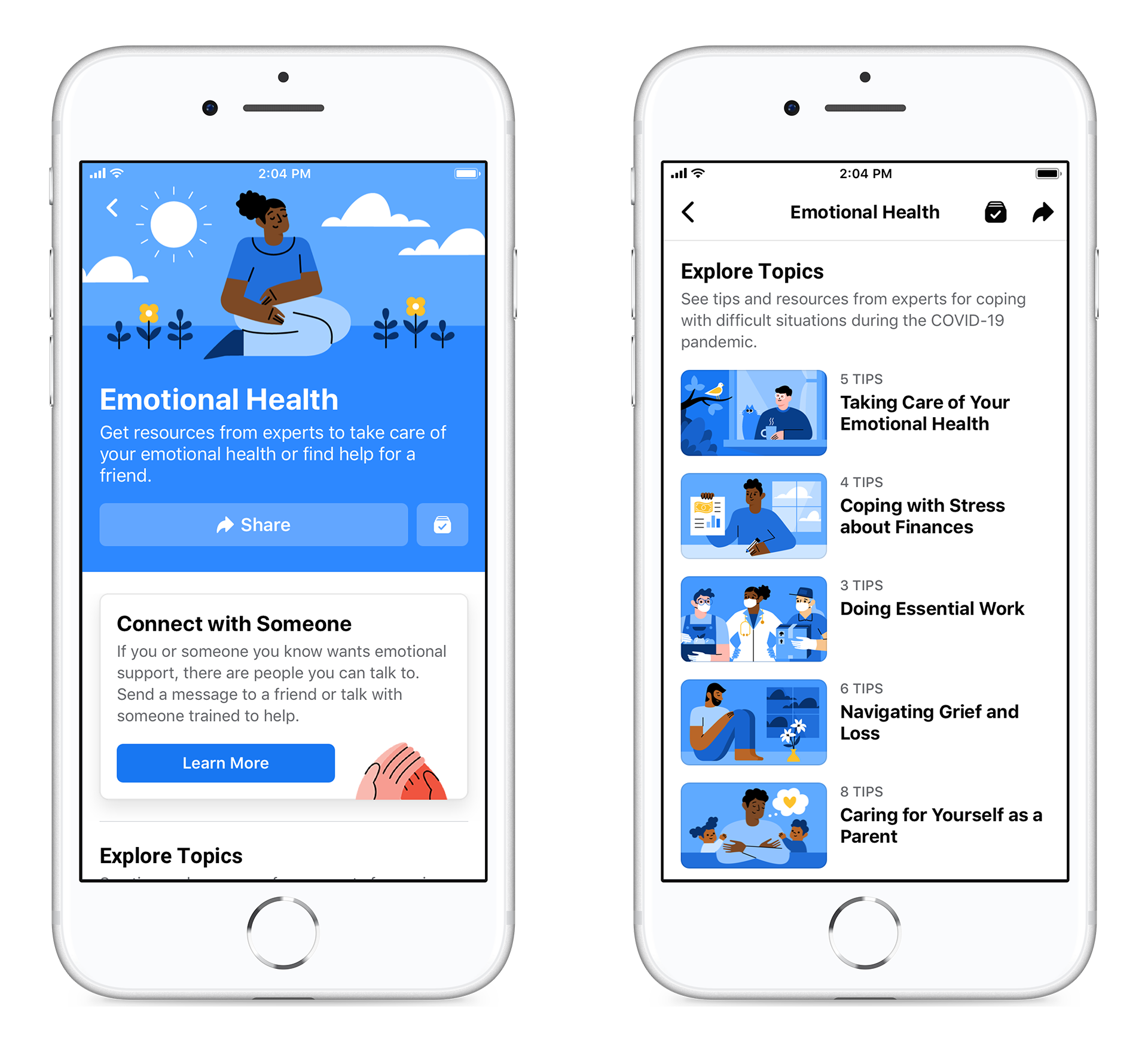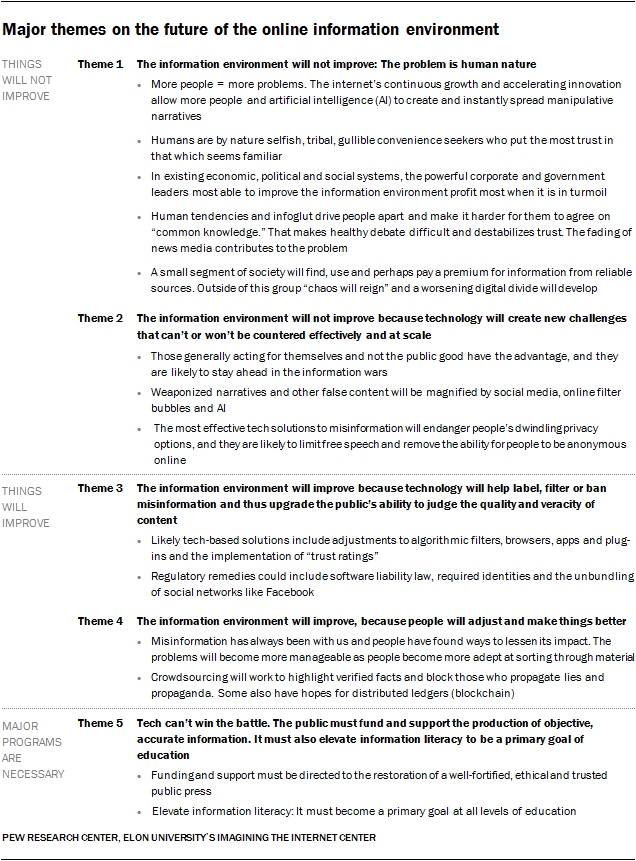

Of course, there’s lots of Linux out there that never gets patched, so expect this to be exploited in the wild for a long time. It was discovered in October, and disclosed last week - after most Linux distributions issued patches. It also allows users to execute commands with high privileges by using a component called pkexec, followed by the command. It provides a mechanism for nonprivileged processes to safely interact with privileged processes. Previously called PolicyKit, Polkit manages system-wide privileges in Unix-like OSes. Linux users on Tuesday got a major dose of bad news - a 12-year-old vulnerability in a system tool called Polkit gives attackers unfettered root privileges on machines running most major distributions of the open source operating system. It’s a privilege escalation vulnerability: Twelve-Year-Old Linux Vulnerability Discovered and Patched Tags: Apple, cybersecurity, laws, monoculture, privacy Matt Stoller has also written about this. These bills will encourage competition, prevent monopolist extortion, and guarantee users a new right to digital self-determination. Furthermore, the alleged risks of third-party app stores and “side-loading” apps pale in comparison to their benefits. App store monopolies cannot protect users from every risk, and they frequently prevent the distribution of important tools that actually enhance security. Their claims about risks to privacy and security are both false and disingenuous, and motivated by their own self-interest and not the public interest. In fact, it’s fairer to say that this legislation puts those companies’ extractive business-models at risk. It’s simply not true that this legislation puts user privacy and security at risk. I would like to address some of the unfounded security concerns raised about these bills. Apple hates this, since it would break its monopoly, and it’s making a variety of security arguments to bolster its argument. There are two bills working their way through Congress that would force companies like Apple to allow competitive app stores. Tags: Google, Microsoft, open source, vulnerabilities

The goal is not to use the personnel engaged with Alpha to replicate dependency analysis, for example.

Log4j would be a prototypical vulnerability that the Alpha team might look for – an unknown problem in a high-impact project that automated tools would not be able to pick up before a human discovered it.
Type of writing sample to send to berkman klein center code#
This code ends up in all sorts of critical applications. “Omega” will look more at the broader landscape of open source, running automated testing on the top 10,000. The “Alpha” side will emphasize vulnerability testing by hand in the most popular open-source projects, developing close working relationships with a handful of the top 200 projects for testing each year. The Open Source Security Foundation announced $10 million in funding from a pool of tech and financial companies, including $5 million from Microsoft and Google, to find vulnerabilities in open source projects: Finding Vulnerabilities in Open Source Projects


 0 kommentar(er)
0 kommentar(er)
